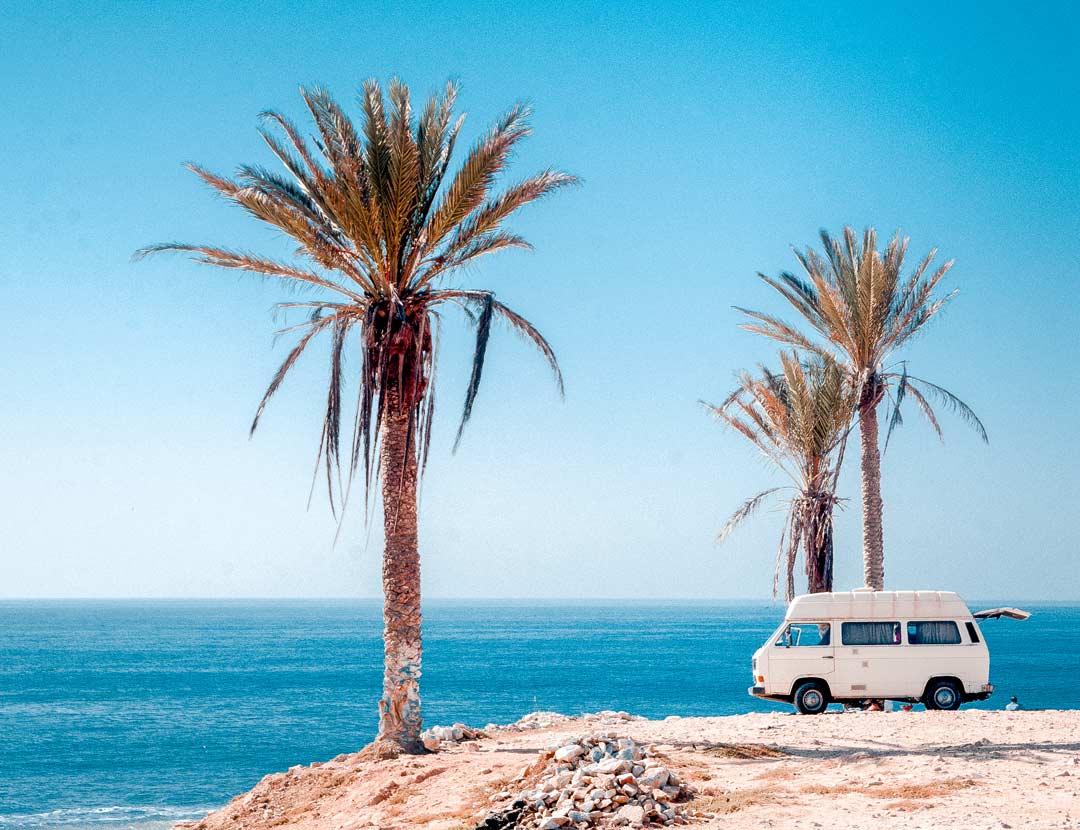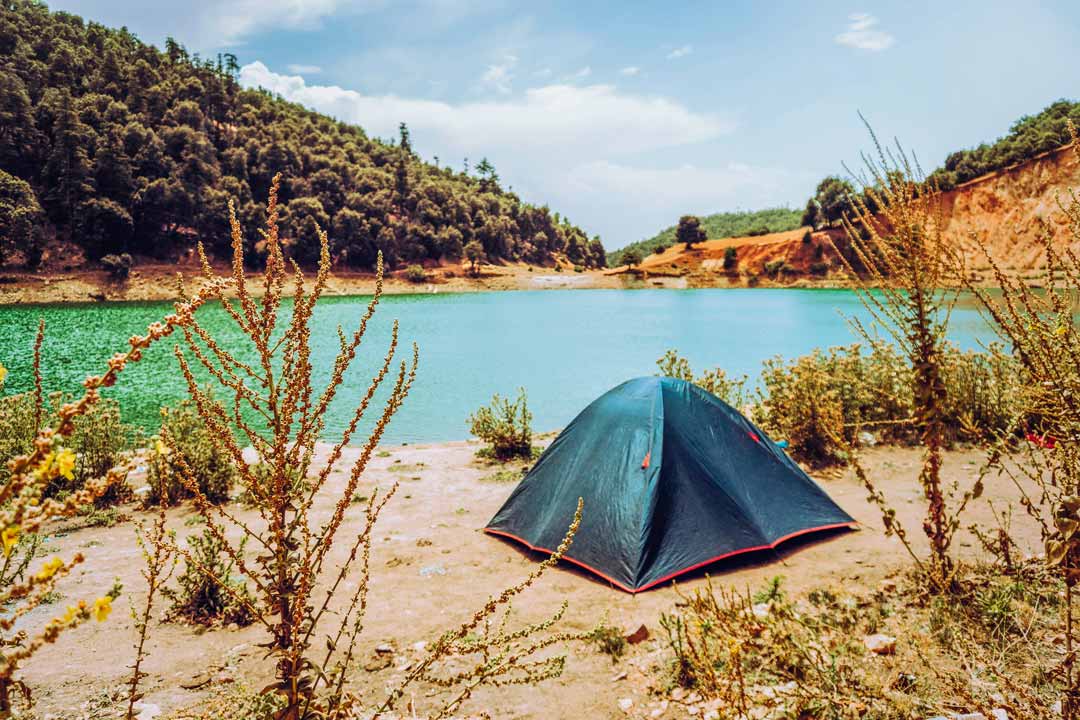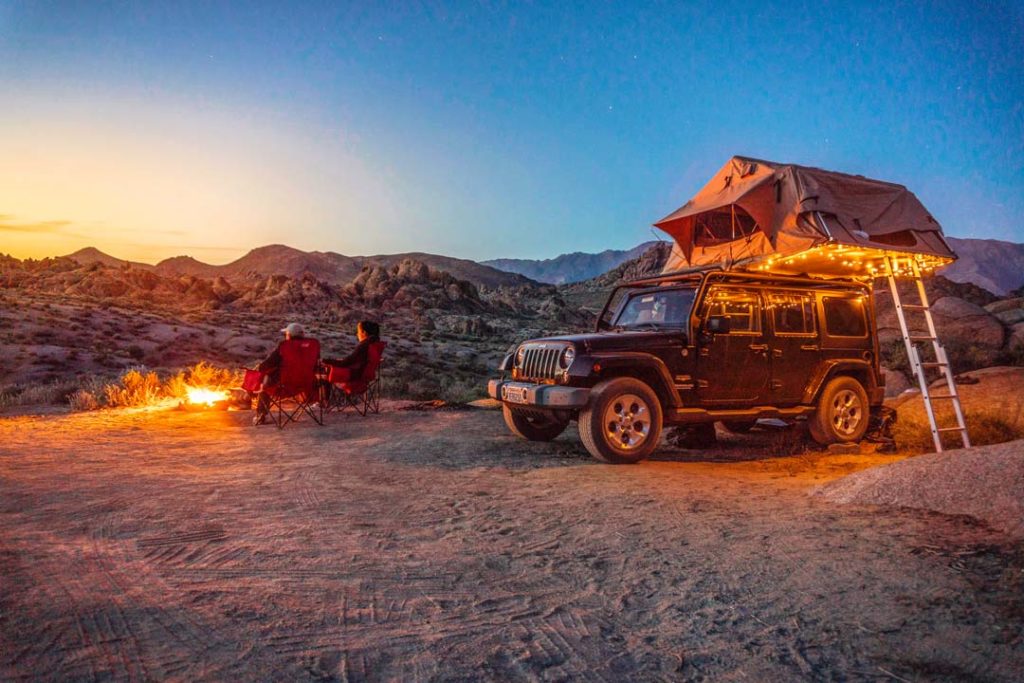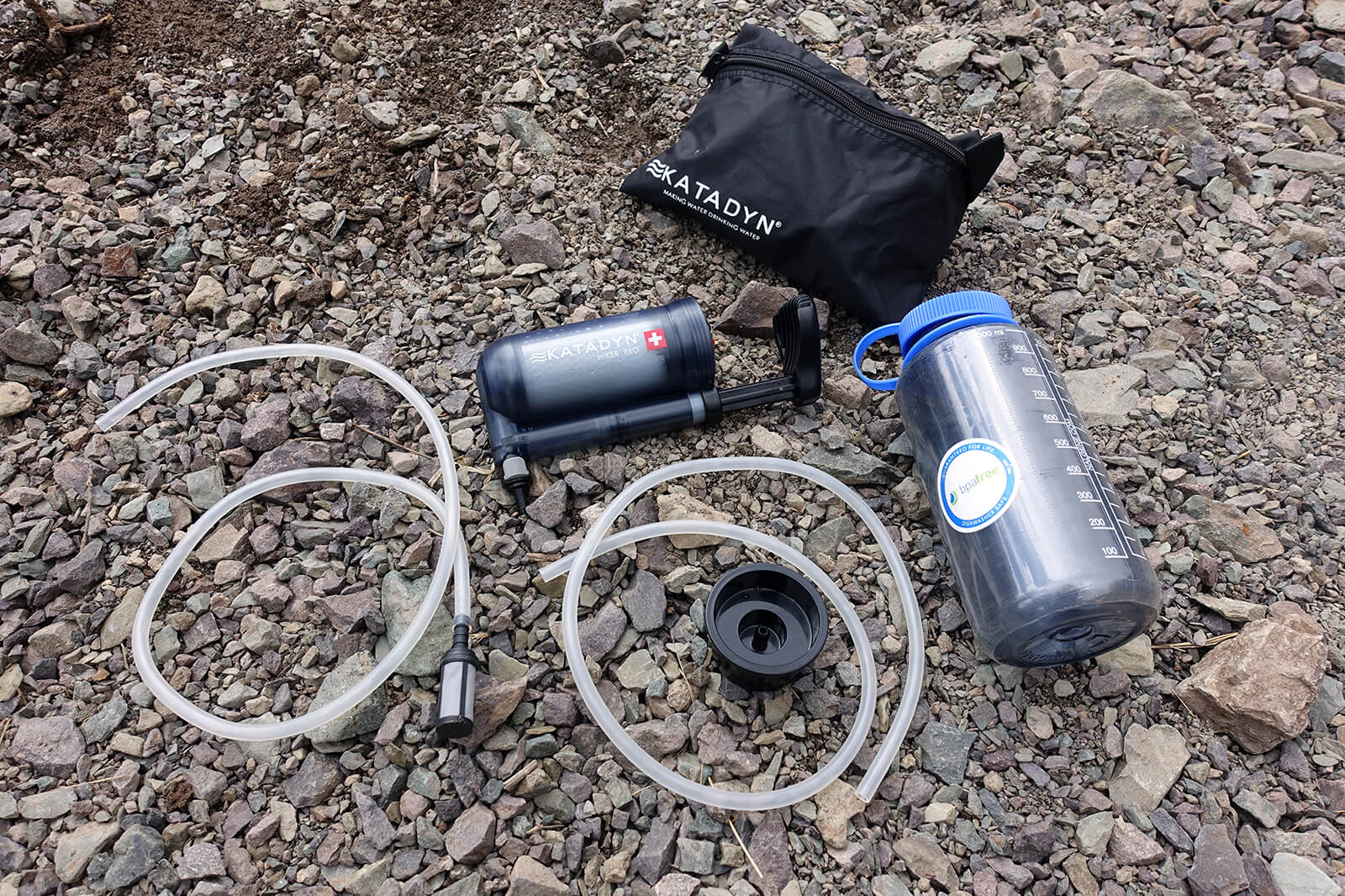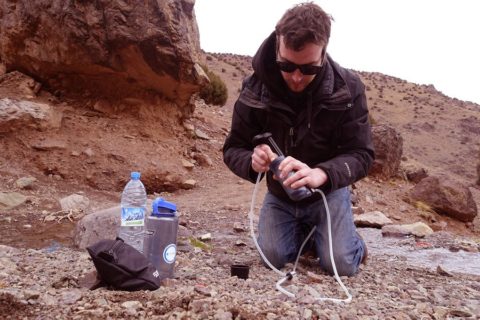Camping in Morocco offers a unique blend of freedom and diversity, attracting many travelers. In particular, Europeans spend the winter in Southern Morocco along the Atlantic coast with their motorhomes, contributing to the vanlife trend. Whether you’re traveling in a motorhome or touring with a bike, the day often ends with the search for the perfect spot to camp. Here, you’ll find helpful information on tent and camping sites in Morocco, wild camping, and equipment tips for an unforgettable camping adventure.
For those seeking official camping sites, Morocco offers a variety of options, both state-run and private. Camping sites were already popular during the French Protectorate era. However, their charm faded over time as they transitioned to state ownership post-independence, often continuing without new investments under the name “Municipal.”
Over the decades, several private camping sites have emerged in Morocco, typically offering better facilities and attentive management. As a result, if you’re traveling with your vehicle, you’ll find a decent selection. If you’re traveling by bicycle or on a trekking tour, however, wild camping is often your only choice. I’ll dive deeper into the specifics of wild camping in Morocco later on.
Contents
Camping sites in Morocco
Most major cities in Morocco offer camping sites located just outside the city centers. These sites are often simple, barren, and stony areas with limited shade and basic sanitation facilities. Unfortunately, they rarely meet European standards, and cleanliness can vary depending on the season and the number of visitors. During August, the Moroccan holiday season, facilities along the Atlantic coast can be overcrowded and poorly maintained. It’s common to find dirty toilets, non-working flushes, and cold showers.
Nevertheless, Morocco also has modern camping sites that offer much more comfort, including pools, restaurants, shopping areas, and excellent sanitation facilities. Many of these sites are run by Europeans or returning guest workers.
In Southern Morocco, you’ll find numerous camping sites around Agadir, Sidi Ifni, Essaouira, and Tafraoute, as well as along river oases and on the fringes of the desert. These areas are popular winter destinations for European retirees with motorhomes. However, during the winter season, these campsites and simpler pitches along the southern Atlantic coast and south of the High Atlas Mountains can become quite crowded.
Camping on campsites in Morocco
In Southern Morocco, European vacationers primarily use campgrounds with their motorhomes. They are mostly tailored to motorhomes, offering limited space for tents. Tent sites often have hard, gravelly, or even concrete ground. Therefore, it’s helpful if your tent can stand without pegs. In doubt, a dome tent is more practical than a tunnel tent. Additionally, during good weather, you can remove the rainfly and fall asleep under the stars without worrying about mosquitoes. Using a footprint or a properly sized tarp is essential to protect your tent floor from the thorny and rocky ground.
Prices for overnight camping in Morocco
The cost of camping in Morocco varies depending on the season and location. Long-term campers often receive discounts after staying for one week or more. High-quality campgrounds with pools are more expensive—expect to pay around 70-100 DH for two people with a car or caravan. Additional fees may include around 20 DH for electricity and 10 DH for hot showers. Furthermore, many campgrounds also offer bungalows, simple rooms, or holiday apartments, which can be a convenient option if you prefer to sleep in a real bed or don’t have camping equipment.
Wild camping in Morocco
The increasing number of Western European motorhome owners escaping the winter along Morocco’s coastlines has led to more “no camping” signs, especially between Essaouira and Agadir. Moroccan law generally prohibits free camping with a motorhome in most areas. During peak times, hundreds of European motorhomes gather in regions like Taghazoute, making it hard to find. good wild camping spots. For this reason, I recommend using official campgrounds, as lonely, clean beaches for wild camping are rare between Tangier and Agadir.
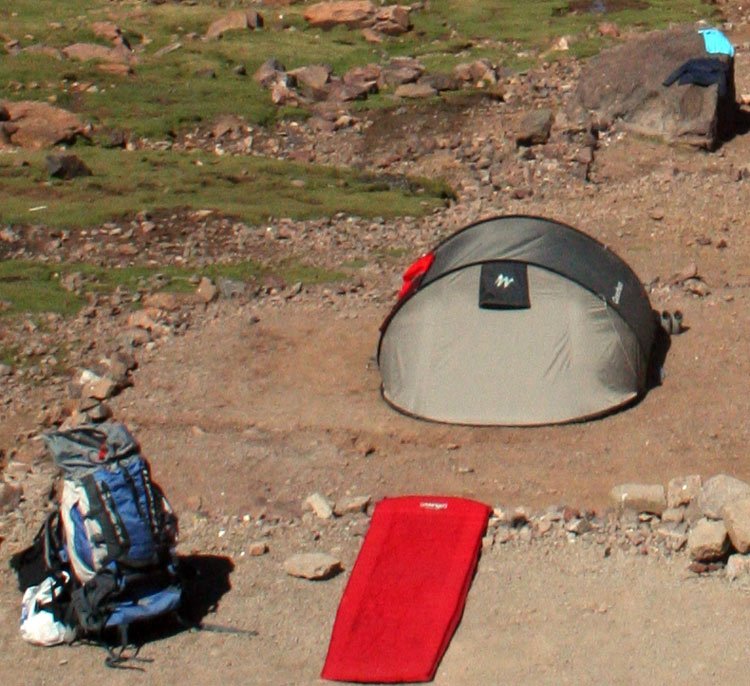
However, this trend is mostly limited to the Atlantic coast. Inland, wild camping is usually not an issue, and you’ll find many beautiful spots with phenomenal views. If you plan to camp on private property, it’s best to talk to the owner first and ask for permission. You will generally receive a friendly response, which often leads to interesting encounters with Moroccan families.
You can also check with local police stations or forest rangers to see if overnight stays are allowed there. Although I haven’t tried this method myself, it could be a useful option.
If you are traveling by motorhome, you can often park in a location where someone will watch over your vehicle for a small tip (usually around 20 DH per night). In the northern parts of the country, in cities like Larache, Kenitra, and Malabata (near Tangier), there are “Aires de Repos.” These rest areas for motorhomes and minibusses offer toilets, showers, a restaurant, and a guard. While accommodation is free, the guard will naturally appreciate a tip.
Hospitality over solitude
When wild camping in Morocco, do not expect absolute solitude. Even in seemingly secluded places, locals, children, or goat herders often drop by out of curiosity. These encounters usually lead to friendly conversations that wrap up after dark.
Even in remote areas, unexpected visitors may appear to check out your camp. An invitation for tea can break the ice and lead to good conversations. However, if you are bothered by such visits, try to camp as discreetly as possible to avoid drawing attention.
Moroccans often find it incomprehensible why someone would camp outside of a town for the night. Particularly in rural, less touristy areas, locals might kindly urge you, out of concern, to drive to the nearest village and stay there for the night.
Basic rules for wild camping with a tent, motorhome, or vehicle
- Avoid camping near large cities!
- Always ask for permission before camping on private property!
- Never camp under steep rock overhangs or in dry riverbeds, as they can turn into raging torrents during rainstorms!
- Leave the place clean, collect trash, and dispose of it in the nearest town.
- Use a shovel for toileting and burn toilet paper with a lighter.
- Disposal of camping toilets is only possible at well-equipped campgrounds, for example, in the area around Agadir. If not otherwise possible, dispose of waste far away from settlements, ideally in the desert or at a garbage dump.
- To prevent theft, keep valuables out of sight, even during the day.
Camping in Morocco and safety
Be cautious if you’re planning to wild camp with a motorhome or car on the west coast, particularly in the Agadir-Essaouira area. Over the last two decades, there have been occasional incidents of theft or robbery. If you want to avoid an official campsite, I would recommend at least parking with several vehicles together.
Avoid wild camping along the tourist-heavy Mediterranean coast, from Ceuta to Tetouan, and near large cities. Instead, look for official campsites or budget hotel rooms, which are available in almost all cities.
However, in the inland of Morocco, wild camping is generally considered completely safe.
Recommended equipment for camping in Morocco with your own vehicle
In this section, I would like to give you some useful tips regarding essential equipment for your camping adventure, particularly focused on water supply and gas.
Water supply in Morocco
In large cities, tap water is usually chlorinated. However, I recommend buying bottled water for drinking. Mineral water and soft drinks are available in every store. For trekking or cycling tours, a durable water bottle is essential. I have been using Nalgene wide-mouth bottles for years, which work perfectly with my Katadyn Hiker Pro water filter, as it attaches easily to these bottles.
If you prefer not to use a water filter, having a sufficient quantity of Micropur tablets can be a practical alternative for tastelessly neutralizing water from germs. Micropur powder is quicker and more cost-effective than tablets and works well if you’re traveling with your own vehicle. If you mainly visit campsites with your car, a 20-liter container should be sufficient for your water needs. For more extensive wild camping, consider carrying the same amount for non-potable water.
For multi-day desert drives, ensure you allocate at least 10 liters of water per person per day. This way, you are prepared for any unexpected situations.
Gas supply in Morocco
In Morocco, 5 kg gas cylinders with screw-on cooking attachments are widely available at gas stations and grocery stores. Gas and bottle deposits are much cheaper than in Western countries. However, it’s important to note that smaller gas cartridges for portable camping stoves may be harder to find, so plan accordingly.
Conclusion
Camping in Morocco offers a unique combination of freedom and diversity. The range of campsites and beautiful secluded spots allow you to choose your own path. While wild camping inland promises authentic experiences and encounters, official campsites provide comfort and convenience. Although there may be occasional challenges with overnight stays, Morocco’s rich culture, breathtaking nature, and welcoming people create an unparalleled camping adventure.

